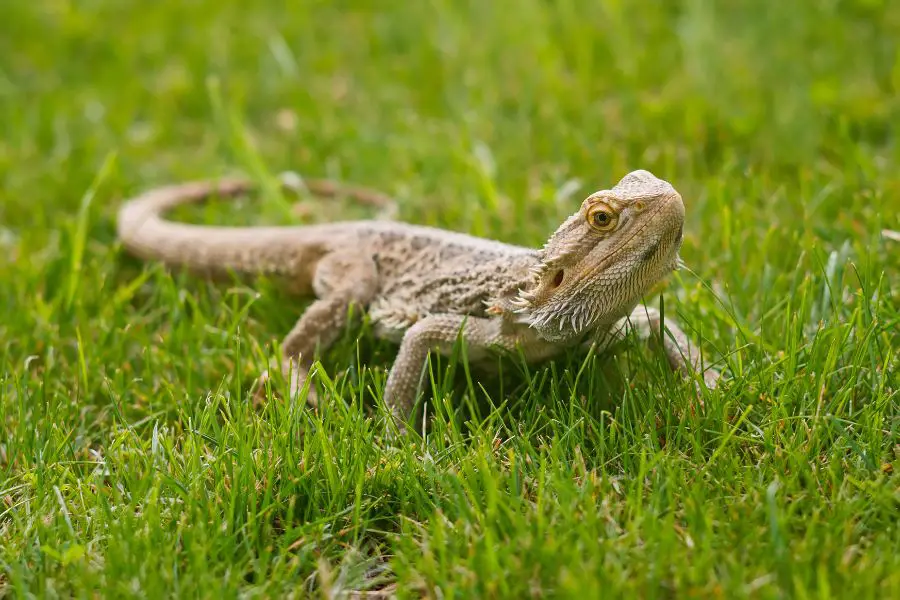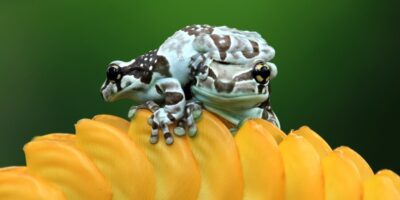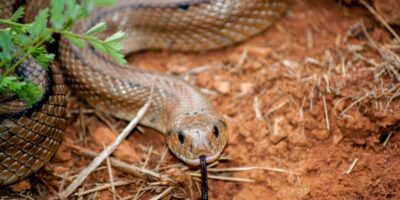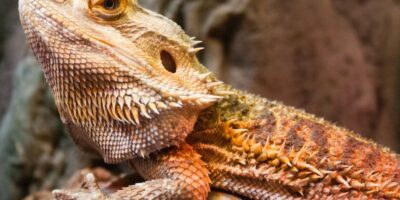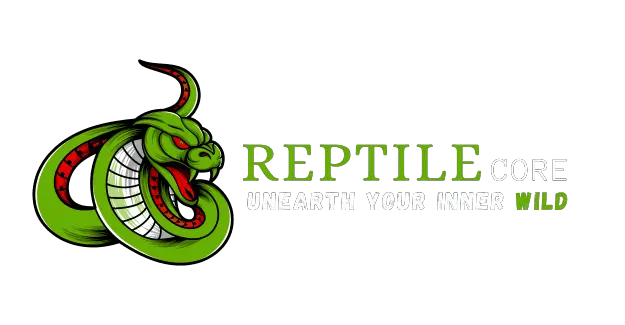When it comes to bearded dragons and their diet, it’s important to make sure they’re getting the right nutrients. People often wonder if bearded dragons can eat potatoes, and it’s an interesting topic to explore. Providing a proper diet is crucial for the health of these amazing reptiles, and it’s natural for owners to be curious about what foods are safe for them.
When it comes to feeding your bearded dragon, it’s important to be cautious about certain foods. While potatoes are not toxic to bearded dragons, they are not an ideal food for them. Potatoes are high in starch and carbohydrates, which can be difficult for bearded dragons to digest. It’s best to focus on offering them a diet that consists of insects, leafy greens, and other vegetables that are more suitable for their nutritional needs.
Understanding the Bearded Dragon’s Diet
In the wild, bearded dragons have a natural diet that consists mainly of insects and leafy greens. They are omnivores, meaning they eat both animal-based and plant-based foods. Insects like crickets, mealworms, and roaches provide them with essential protein and nutrients. Leafy greens such as collard greens, kale, and dandelion greens are rich in vitamins and minerals that are important for their overall health.
When it comes to their nutritional needs, bearded dragons require a balanced diet to thrive. They need a good balance of protein, carbohydrates, vitamins, and minerals. Protein is essential for growth and muscle development, while carbohydrates provide energy. Vitamins and minerals, like calcium and vitamin D3, are crucial for bone health and proper bodily functions.
A well-rounded diet for bearded dragons should consist of a variety of insects, such as crickets, dubia roaches, and silkworms, as well as a variety of leafy greens and vegetables. It’s important to provide a wide range of options to ensure they receive all the necessary nutrients. Remember, it’s always a good idea to consult with a reptile veterinarian or a herpetologist for specific dietary recommendations for your bearded dragon. They can provide guidance tailored to your dragon’s specific needs and help you create a balanced and nutritious diet plan.
Can Bearded Dragons Eat Potatoes
Potatoes are a versatile and popular food for us humans! They are rich in carbohydrates, providing energy for our bodies. They also contain vitamins and minerals like vitamin C, potassium, and B vitamins. Potatoes can be prepared in various ways, from mashed to roasted, and they can be a tasty addition to a balanced human diet.
However, when it comes to feeding potatoes to bearded dragons, there are some concerns. Bearded dragons have different nutritional needs than humans, and their digestive systems are adapted to a specific diet. Potatoes are high in starch, which can be difficult for bearded dragons to digest. Their digestive systems are better equipped to handle foods like insects and leafy greens, which provide the necessary nutrients for their health.
Feeding potatoes to bearded dragons can potentially lead to digestive issues, such as bloating or even impaction. It’s always best to stick to a diet that closely resembles their natural diet in the wild, which consists of insects and leafy greens. If you’re looking for safe and nutritious options to feed your bearded dragon, it’s best to consult with a reptile veterinarian or a herpetologist. They can guide the best diet for your bearded dragon’s specific needs and help ensure they receive the proper nutrients for optimal health and well-being
Safe Alternatives and Recommended Foods
Several safe and nutritious foods are suitable for bearded dragons. Here are some examples:
- Insects: Bearded dragons love insects like crickets, dubia roaches, and mealworms. These provide essential protein and nutrients. Just make sure the insects are appropriately sized for your dragon’s age and that they are gut-loaded (fed nutritious food) before being fed to your dragon.
- Leafy Greens: Bearded dragons benefit from a variety of leafy greens, such as collard greens, kale, mustard greens, and dandelion greens. These greens are packed with vitamins and minerals.
- Vegetables: Offer a mix of vegetables like bell peppers, carrots, squash, and green beans. These provide additional nutrients and variety in their diet.
- Fruits: While fruits should be given in moderation due to their sugar content, you can offer occasional treats like blueberries, raspberries, and slices of melon.
Remember to provide a balanced diet by offering a variety of these foods. It’s essential to dust their food with a calcium supplement to ensure they receive enough calcium for their bone health. Additionally, always provide fresh, clean water for your bearded dragon.
Significance
It’s important to emphasize the significance of variety and balance in your bearded dragon’s diet. While fruits can be a tasty addition to their meals, they should be given in moderation. Bearded dragons have specific nutritional requirements, and their diet should primarily consist of insects, leafy greens, and other vegetables.
Insects, such as crickets, dubia roaches, and mealworms, provide essential protein for your bearded dragon. They are a natural part of their diet and help fulfill their dietary needs. However, it’s crucial to ensure that the insects are appropriately sized for your dragon’s age and that they are gut-loaded, meaning they have been fed nutritious food before being fed to your dragon.
Leafy greens, like collard greens, kale, mustard greens, and dandelion greens, are excellent sources of vitamins and minerals. These greens should be a staple in their diet and can be offered daily. They provide essential nutrients and help maintain their overall health.
In addition to leafy greens, it’s essential to offer a variety of other vegetables. Bell peppers, carrots, squash, and green beans are all great options. These vegetables provide additional nutrients and add variety to their meals. Remember, a balanced diet is key to keeping your bearded dragon healthy. Providing a mix of insects, leafy greens, and vegetables ensures they receive a wide range of nutrients. It’s also important to dust their food with a calcium supplement to support their bone health.
Conclusion
In conclusion, it’s crucial to prioritize variety and balance in your bearded dragon’s diet. While fruits can be given as occasional treats, the main focus should be on providing a combination of insects, leafy greens, and other vegetables.
Insects offer essential protein, while leafy greens and vegetables provide vital vitamins and minerals. Remember to ensure the insects are appropriately sized and gut-loaded, and to dust their food with calcium for bone health.
